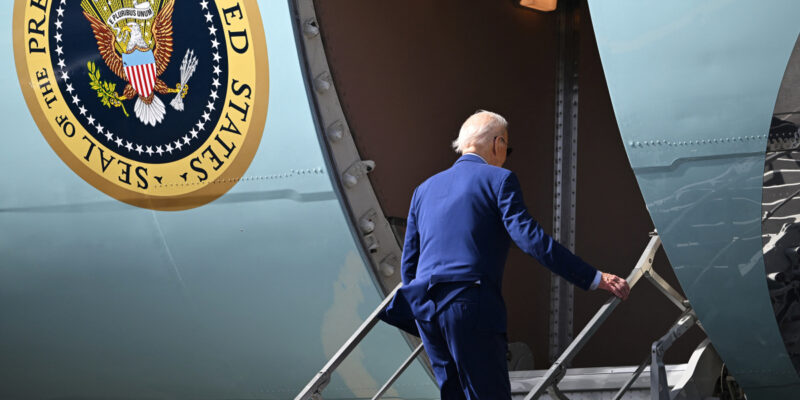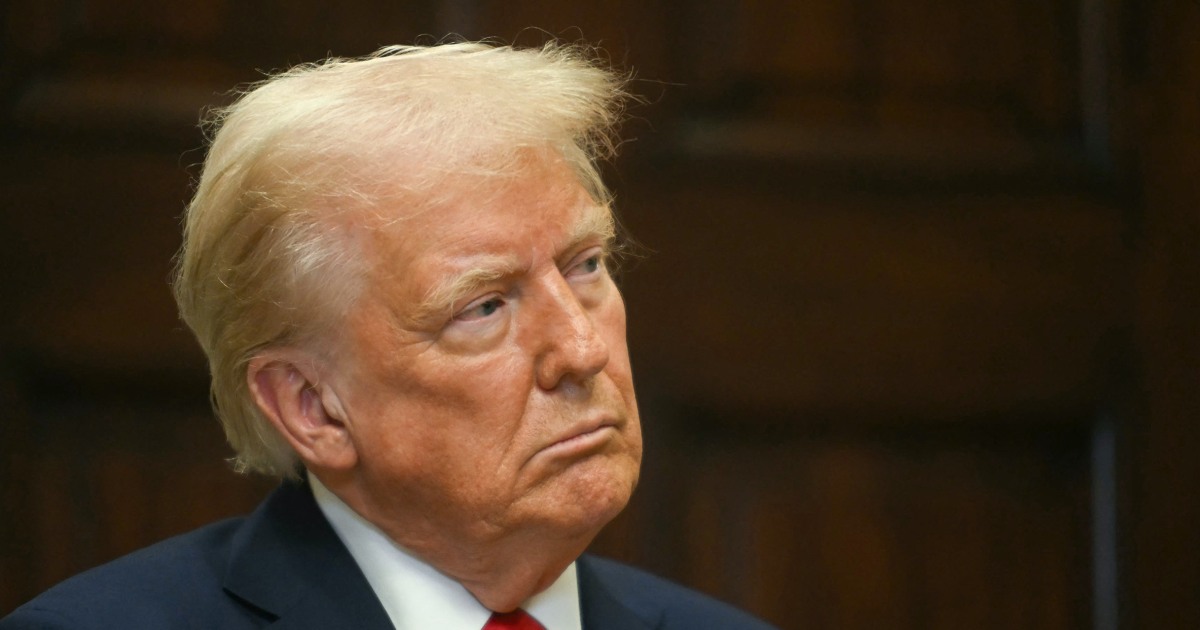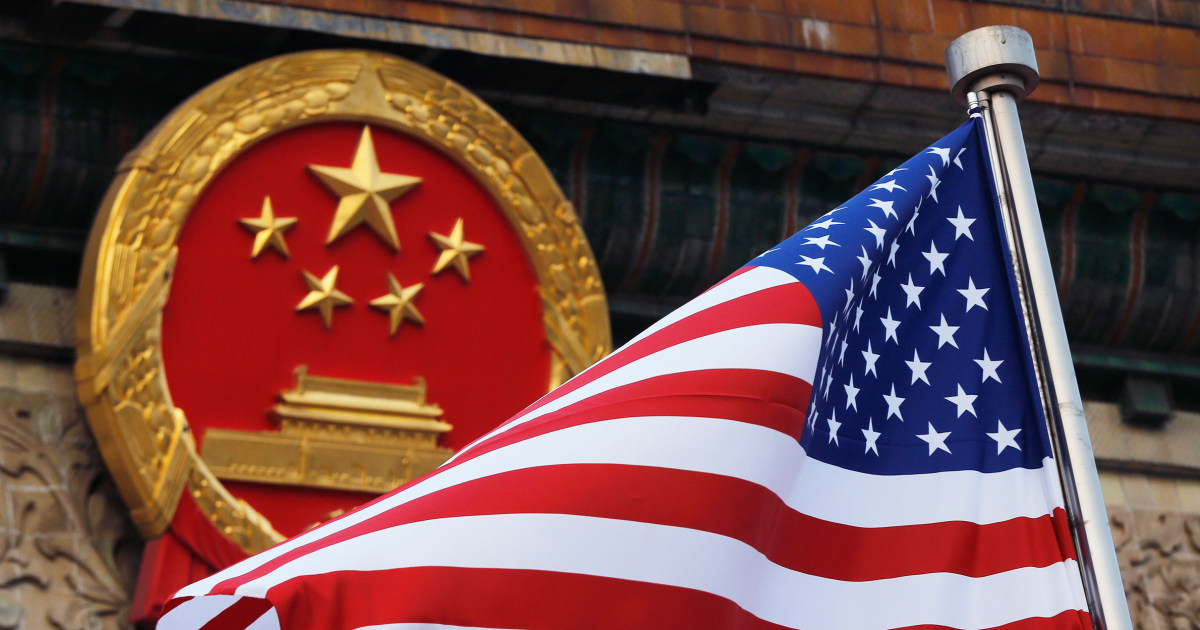
LUANDA, Angola — President Joe Biden will make history Monday as he becomes the first American head of state to visit the southern African nation of Angola, where he will showcase U.S.-backed infrastructure projects designed to link three nations.
In his first visit to sub-Saharan Africa, which comes at the end of his White House tenure, Biden is set to hold a bilateral meeting with his Angolan counterpart, João Lourenço, in the capital, Luanda. He will also give a speech at the country’s National Slavery Museum.
Biden will also announce initiatives related to global health and security cooperation, among other things, a senior administration official said Friday.
The president is also scheduled to fly around 300 miles from Luanda to the municipality of Lobito, where a port is the terminus of a railway line that his administration has poured billions of dollars into in an effort to redevelop and extend a precious minerals transit system.
“We’re preparing the ground for eventually reaching all the way to Tanzania, connecting the Atlantic and Indian oceans,” a second administration official said Friday, of the system which also runs through Zambia and Congo.
The project aims to advance American presence in the region, which is rich in critical minerals used in electronic devices, vehicles and clean energy technologies and a key field for U.S competition with China.
The second official also acknowledged that the administration’s efforts have the appearance of playing catch-up with China, which has invested billions across Africa.
Two years ago in the Democratic Republic of the Congo, China owned 72% of cobalt and copper mines, according to the China Global South Project, a U.S.-based nonprofit that tracks Chinese efforts in Africa.
Biden, who stopped off en route in the Atlantic Ocean island of Cabo Verde off the west coast of Africa for a meeting with Prime Minister Ulisses Correia e Silva, had to postpone his visits in the wake of Hurricane Milton so that he could oversee the federal response to the disaster.
U.S. investment, the senior administration official said, is spurring economic growth for people in Africa in ways that Chinese spending isn’t.
“It does so by focusing on attracting investment by high-standards companies committed to high standards of labor, of gender equality, of health and of environmental stewardship,” the official added.
Carlo Angerer reported from Luanda, Angola, and Aaron Gilchrist from Washington, D.C.
CORRECTION (Dec. 2, 2024, 1:46 p.m. ET): A previous version of this article misstated where Angola is located. It is in southern Africa, not West Africa.















